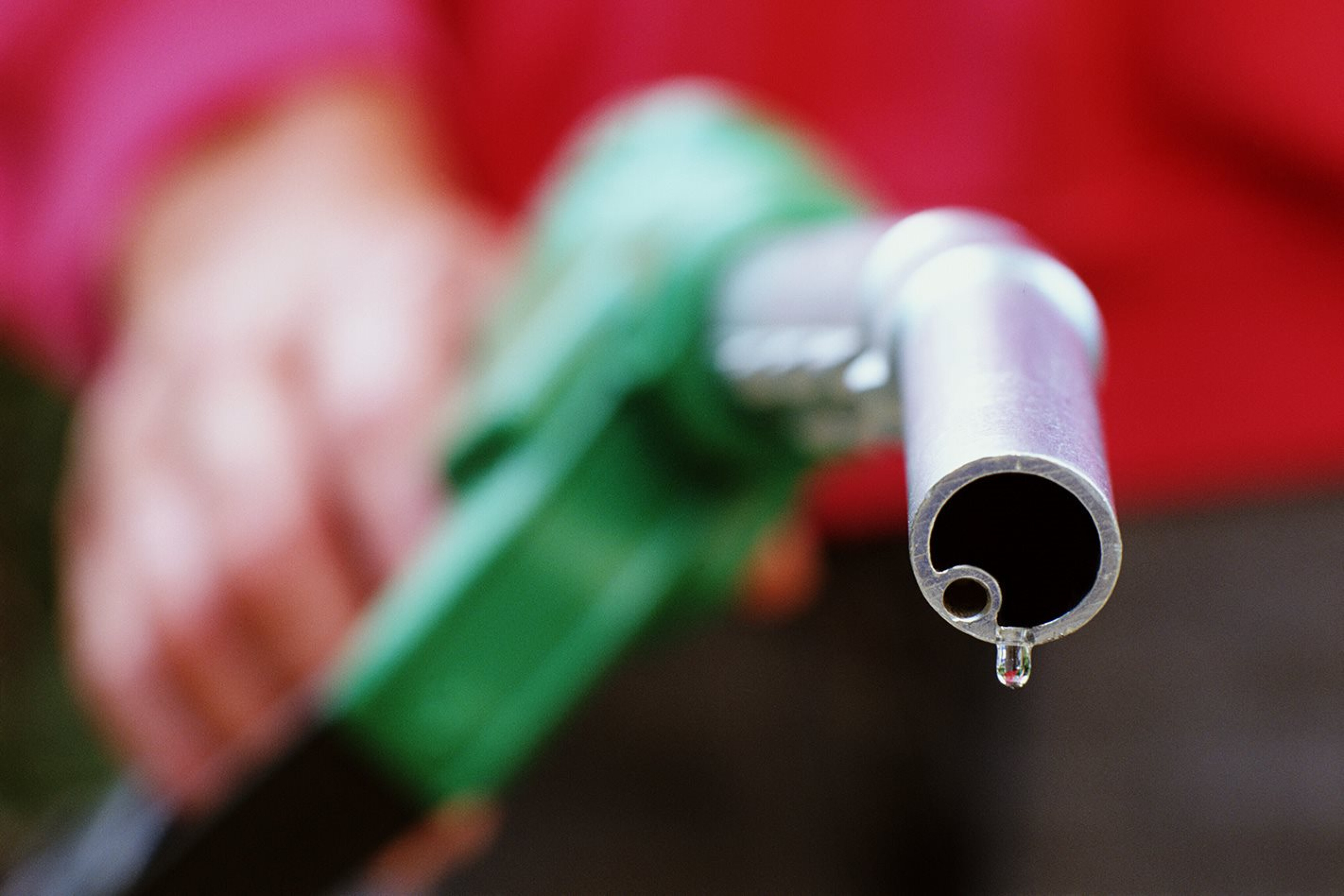
Toyota and Exxon Mobil have teamed up to develop low-carbon synthetic fuels, which could cut as much as 75 per cent in greenhouse gas emissions compared with regular petrol.
Snapshot
- Auto and fuel giants partner to develop synthetic fuels
- Could eventually cut up to 75 per cent greenhouse gas emissions
- Touted as low-cost alternative to decarbonise transport quickly
The fuel giant told Automotive News[↗] that the blend is currently in the early testing stages and is made from existing feedstocks, such as renewable biomass and ethanol produced using ‘cleaner processes’.
It’s being touted as a low-cost alternative to decarbonise the transportation sector quickly, using existing internal combustion engine technology.
The announcement comes after Germany successfully lobbied the European Commission to explicitly allow carbon-neutral synthetic fuels beyond the 2035 ban on the sales of new combustion engine vehicles.

Synthetic fuels (or e-fuels) still emit exhaust emissions, albeit reduced, but since the process of producing the petrol is made using renewable energy and carbon capture, then it is offset to be ‘carbon-neutral’ for the environment.
In contrast, battery-electric vehicles don’t emit any harmful exhaust pollutants, are more efficient to drive and cheaper to own over time, but current battery technology requires unsustainable and costly raw materials – and the carbon footprint of each vehicle also depends on its supply chain, manufacturing processes, and charging power source.

The partnership aligns with Toyota’s aim to offer a variety of low- or zero-emission powertrain types to suit each market, even though its newly-appointed CEO has vowed to prioritise a battery-electric push.
Toyota, along with carmakers such as Hyundai and BMW, are also developing hydrogen fuel-cell tech in parallel – which crucially provides longer driving range and uses a similar production process to synthetic fuels.
Meanwhile, the Japanese carmaker has also invested in hydrogen-combustion engine propulsion, as demonstrated on the Corolla Cross H2 concept.
COMMENTS